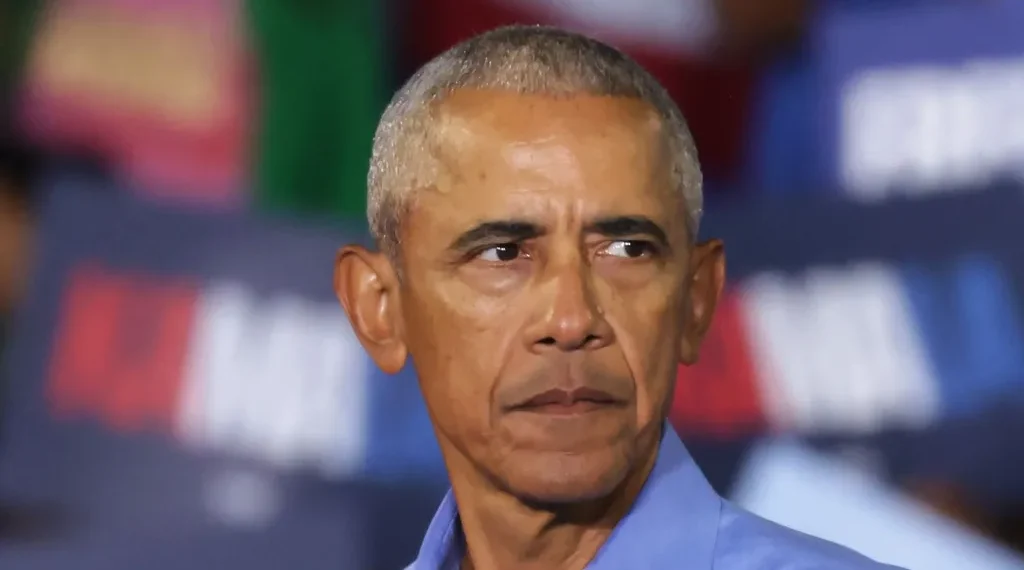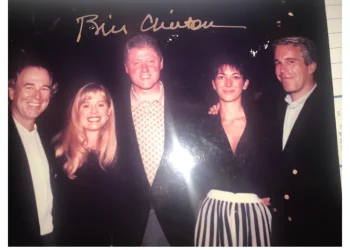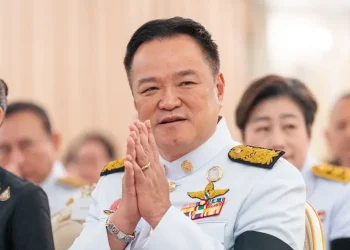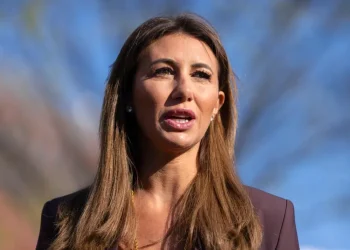Obama warns U.S. faces “political crisis” after Charlie Kirk’s killing, urging unity and condemning divisive rhetoric from national leaders.
Published: September-22-2025, 21:00 EDT
Former U.S. President Barack Obama has warned that the country faces a “political crisis” following the killing of conservative activist Charlie Kirk. Speaking at an event in Pennsylvania, Obama urged restraint and national unity, contrasting his message with recent comments from political leaders, while the case against the accused gunman moves forward in Utah.
Obama Addresses the Nation’s Political Climate
At a public event in Erie, Pennsylvania, on Tuesday, former President Barack Obama reflected on the killing of conservative commentator Charlie Kirk, calling the incident both “horrific” and a sign of deeper political divisions.
Obama emphasized that he did not personally know Kirk and disagreed with many of his views, yet insisted that the killing represented a tragedy for the nation. He warned that the United States is now experiencing “a political crisis of the sort that we haven’t seen before,” urging Americans to respect the rights of others to voice opposing opinions.
Details of the Shooting and Charges Filed
Charlie Kirk, 31, was fatally shot on September 10 while speaking at Utah Valley University in Orem, Utah. Authorities confirmed he died of a single gunshot wound.
On Tuesday, prosecutors formally charged Tyler Robinson, 22, with murder, weapons violations, and related offenses. According to Utah County Attorney Jeffrey Gray, investigators discovered text messages in which Robinson allegedly stated he attacked Kirk because he “had enough of his hatred.” Prosecutors have announced their intent to seek the death penalty in the case.
The tragedy has fueled widespread political debate, with responses divided sharply along party lines.
Partisan Responses and Political Fallout
In the immediate aftermath of the shooting, several allies of former President Donald Trump accused left-wing activists and Democratic lawmakers of encouraging hostility toward Kirk.
Attorney General Pam Bondi suggested that the administration would pursue stronger measures against what she described as “hate speech,” despite the absence of a formal federal hate speech law in the United States. Vice President JD Vance also called for individuals who celebrated or condoned the killing to be publicly identified. “Call them out, and hell, call their employer,” Vance said during an appearance as guest host on Kirk’s podcast.
These remarks, critics argue, have further inflamed an already polarized political environment.
Obama’s Call for Unity
Contrasting sharply with the rhetoric of Trump and his allies, Obama pointed to examples of leadership that, in his view, reinforced the importance of national cohesion during crises.
He praised Utah Governor Spencer Cox, a Republican, for demonstrating that disagreement can occur without abandoning standards of civility. Obama also commended Pennsylvania Governor Josh Shapiro, a Democrat, for his resilience after a firebomb attack on the governor’s residence earlier this year, which authorities described as targeted.
The former president cited historical precedents, noting that after the September 11, 2001, terrorist attacks, President George W. Bush deliberately avoided framing the conflict as a war against Islam. He also referenced his own response to the 2015 Charleston church shooting, in which he refrained from politicizing the tragedy.
Criticism of Trump’s Language
Obama argued that the language currently being used by Trump and senior members of his administration represents a departure from past presidential norms. He noted that Trump and his aides have described political opponents as “vermin” and as enemies who should be “targeted.”
According to Obama, such rhetoric reflects a deeper issue in American democracy that must be addressed collectively. “When tensions are high, part of the president’s job is to pull people together,” he said.
White House Pushback
The White House responded sharply to Obama’s remarks. In a statement to the BBC, a spokesperson accused the former president of hypocrisy and claimed he had “sowed division” during his own time in office.
“Obama used every opportunity to pit Americans against each other,” the spokesperson said. “His division has inspired generations of Democrats to slander their opponents as ‘deplorables,’ ‘fascists,’ or ‘Nazis.’”
This exchange illustrates how deeply entrenched partisan divisions have become, even as the country grapples with violence linked to political tensions.
Shifting Norms of Presidential Criticism
Traditionally, former U.S. presidents have been reluctant to openly criticize their successors. However, Obama has increasingly spoken out in recent months.
He has criticized Trump’s policies toward universities and judges, as well as what he described as Democratic leaders’ insufficient pushback against actions taken by the current administration. His latest comments highlight his concern that both political rhetoric and acts of violence risk undermining the nation’s democratic institutions.
Broader Implications
The killing of Charlie Kirk has intensified debates over political rhetoric, violence, and responsibility in American public life. While the legal case against Tyler Robinson proceeds in Utah, the broader conversation has become a test of how the country confronts division.
Obama’s remarks underscore the challenge of preserving democratic values amid sharp ideological polarization. The coming months are likely to bring continued debate over the role of political leaders in shaping the national discourse.
This article was rewritten by JournosNews.com based on verified reporting from trusted sources. The content has been independently reviewed, fact-checked, and edited for accuracy, neutrality, tone, and global readability in accordance with Google News and AdSense standards.
All opinions, quotes, or statements from contributors, experts, or sourced organizations do not necessarily reflect the views of JournosNews.com. JournosNews.com maintains full editorial independence from any external funders, sponsors, or organizations.
Stay informed with JournosNews.com — your trusted source for verified global reporting and in-depth analysis. Follow us on Google News, BlueSky, and X for real-time updates.














